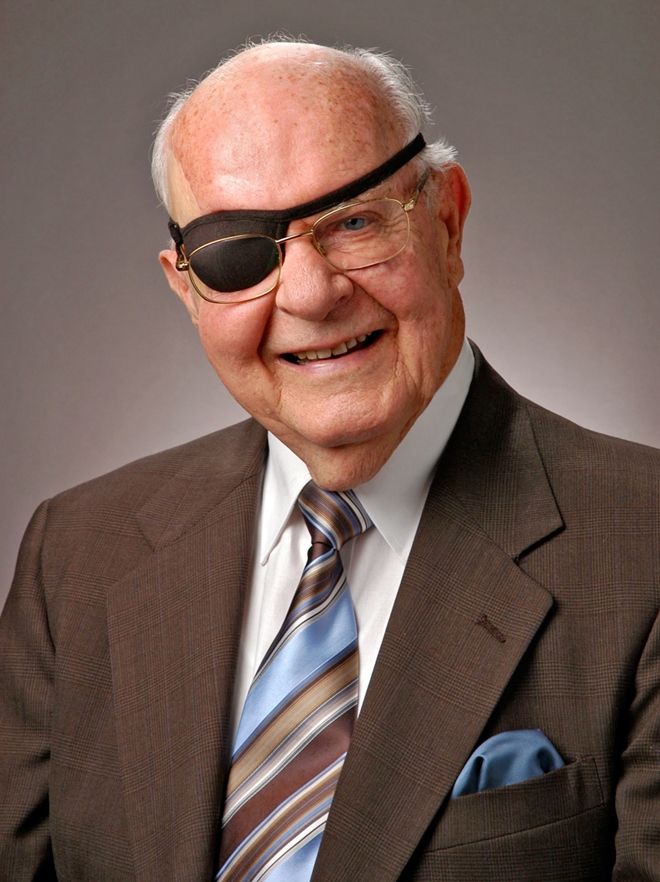Running the Race
1 Corinthians 9
Introduction to Running and Marathon Analogy
- Running is popular, but jogging is unappealing
- Drawn to the marathon, comparing it to the Christian life
Christian Life as a Marathon, not a Sprint
- The Christian life is compared to a marathon rather than a short, easy race
- It requires endurance and is a battle, not something easy or carefree
Apostle Paul's Example
- Finishing the course
- Gabriella Anderson at the 1984 Olympics illustrates endurance
- “Hitting the wall" and Paul's perseverance through hardship
Scripture Reference: 1 Corinthians 9
- Provides insight into Christian living
- Key principles of running the Christian race are explained: discipline, sacrifice, and commitment
Comparison with Athletes
- Comparison between physical and spiritual races: all can win the spiritual race, but some choose to lose
- The Christian's true competition is against the world, the flesh, and the devil, not other Christians
The Dangers of Comparison and Carnality
- The issue of comparison among believers is explored
- Example of Saul and David illustrates the destructive nature of comparison
Spiritual Confidence and the Dangers of Self-Reliance
- Freshmen often enter seminary feeling dependent on God, but may develop misplaced confidence in themselves over time
- Warning against relying on one's gifts, education, or experience instead of God
Winning Theology vs. Loser's Theology
- Embrace a winner’s theology and not develop a “loser’s limp” in the Christian race
- Running to win and the outcome of the race isn’t decided until the end
Discipline and Self-Denial
- Training is necessary for success in the race, with self-denial often required
- The Hebrews 12:1 call to throw off everything that hinders is highlighted
Paul’s Personal Discipline
- Paul applies the athletic analogy to his own life, emphasizing self-discipline
- Beating his body to ensure he is not disqualified after preaching to others
The Importance of Integrity and Instinctive Righteousness
- A personal anecdote about returning incorrect change to illustrate integrity
- Dallas Seminary's role in instilling instinctive, biblical responses
Fear of Disqualification
- Paul’s fear of being disqualified is discussed, with the analogy of a herald in the games
- The fear of failing after calling others to the race
Call to Break with the Herd and Be Set Apart
- Break from societal norms and pursue a committed, disciplined Christian life
- A quote from Joan of Arc underscores the importance of leading with conviction, even if others don’t follow initially
- Contrasts living for something meaningful versus nothing at all
Closing Prayer
- A prayer asking God to help run to win, stripping away complacency and being faithful in their Christian lives
*The above summary is AI-generated, so discrepancies may exist. Please refer to the audio or video file to verify accuracy.
About the Contributors

Howard G. Hendricks
Dr. Howard G. Hendricks, known simply as “Prof,” directly or indirectly touched millions of lives in the evangelical community and beyond. For more than sixty years Prof served on the faculty of Dallas Theological Seminary (DTS), where he taught more than ten thousand students. He served as the chairman of the Center for Christian Leadership for over twenty years. He also ministered in person in more than eighty countries. Through speaking engagements, radio, tapes, films, the sixteen books he authored and coauthored, countless journal and popular-market articles, his service on numerous boards, and his work as a chaplain to the Dallas Cowboys (1976–1984), his reach was and is worldwide.
His legacy, in partnership with Jeanne, his wife of more than sixty-five years, includes four children and six grandchildren. Holding large audiences enthralled at venues such as Billy Graham’s conference center or Promise Keepers’ stadium rallies, Prof would confide, “It’s wonderful to be here with you, but I have a group of delicious students waiting for me back at the seminary.”
